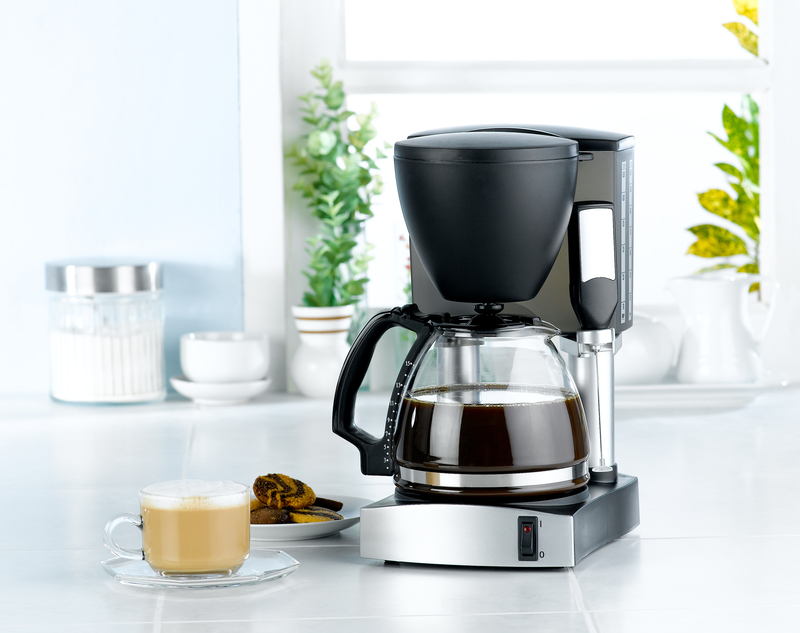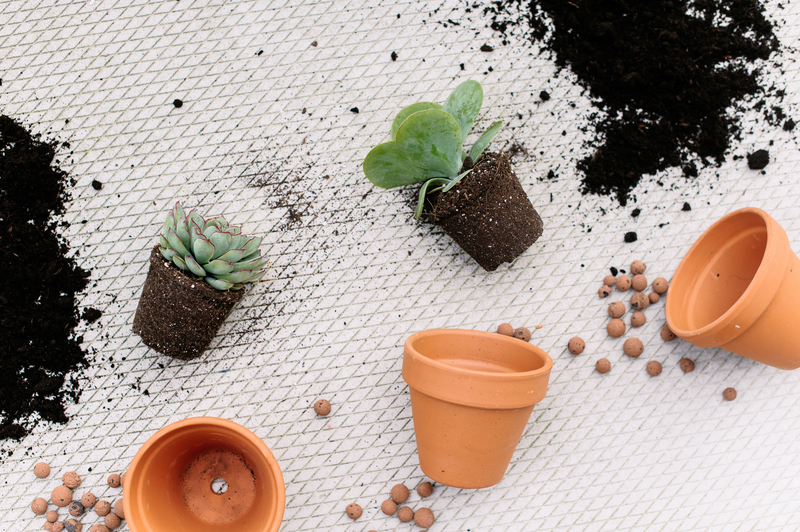Comprehensive End of Tenancy Cleaning Guide
Posted on 02/10/2024
Moving out of a rental property can be a stressful experience, not only because of the logistics of the move but also due to the need to ensure the property is as clean as it was when you moved in. A thorough end of tenancy cleaning ensures you leave the property spotless, thereby securing your deposit. This comprehensive guide covers everything you need to know about end of tenancy cleaning.
Understanding End of Tenancy Cleaning
End of tenancy cleaning refers to the deep cleaning of a rental property before the tenants vacate it. It is a crucial step in the moving process, often required by landlords to ensure the property is ready for the next renter. Failing to perform this cleaning could result in a deduction from your deposit.

Why Is End of Tenancy Cleaning Important?
The importance of end of tenancy cleaning cannot be overstated. Here are several reasons why it's essential:
- Return of Your Deposit: A major concern for tenants is whether they will get their deposit back. A clean property can ensure the return of your full deposit.
- Good References: Leaving the property in immaculate condition will help you secure a good reference from your landlord, which can be beneficial for future rentals.
- Compliance with Contract: Most tenancy agreements stipulate that the property must be left in a clean state. Failure to comply may result in financial penalties.
- New Tenants: Ensure the property is in a good condition for the next occupants. This shows respect and consideration for future tenants.
Essential Supplies for End of Tenancy Cleaning
Before embarking on your end of tenancy cleaning, gather all the essential supplies. You will need:
- Multi-surface cleaner
- Glass cleaner
- Floor cleaner and mop
- Vacuum cleaner
- Scrubbing brushes and sponges
- Microfiber cloths
- Degreaser
- Bleach
- Furniture polish
- Protective gloves
Step-by-Step End of Tenancy Cleaning Checklist
This checklist will help you tackle each area of your rental property methodically.
The Kitchen
The kitchen can be one of the most challenging areas to clean due to grease and food residues. Follow these steps:
- Clean all kitchen cupboards and drawers, both inside and out.
- Wipe down countertops and any other surfaces.
- Scrub the sink, taps, and remove any limescale.
- Clean all appliances including oven, hob, microwave, fridge/freezer, and dishwasher.
- Remove any stains or food residues from the kitchen floor.
- Clear out and clean the extractor fan filters.
The Bathrooms
The bathrooms require deep cleaning to remove soap scum, mold, and grime. Make sure to:
- Scrub the bathtub, shower, sinks, and tiles.
- Clean mirrors and any glass surfaces with a glass cleaner.
- Descale and sanitize the toilet, ensuring it is spotless.
- Polish any metal fixtures like taps and showerheads.
- Clean the bathroom floor and remove any mold from grout lines.
Living Room & Bedrooms
These rooms might not be as challenging as the kitchen, but attention to detail is essential:
- Dust all furniture, shelves, and surfaces.
- Vacuum carpets and mop hard floors.
- Clean windows, window sills, and remove any cobwebs.
- Wipe down doors, doorframes, and light switches.
- Launder or vacuum any curtains or blinds.
Hallways & Stairs
The hallways and stairs can accumulate a lot of dust and dirt:
- Vacuum stairs and any carpeted areas.
- Wipe down banisters, railings, and light switches.
- Clean any skirting boards and remove cobwebs from ceilings.
Hiring Professional End of Tenancy Cleaners
If the task seems too overwhelming, you might consider hiring professional cleaners. Here are some advantages:
- Time-Saving: Professional cleaners can do the job quickly and efficiently.
- Expertise: They have the experience and equipment to clean every part of the property thoroughly.
- Stress-Free: Hiring professionals can ease the moving process, allowing you to focus on other aspects.
When choosing a professional cleaning service, ensure they are reputable, have positive reviews, and offer a satisfaction guarantee.
DIY vs. Professional Cleaning: Weighing Your Options
Deciding between a DIY approach and professional cleaning depends on various factors:
- Budget: DIY cleaning is cost-effective but time-consuming. Professional cleaning can be more expensive but hassle-free.
- Time: If you have limited time due to work or other commitments, hiring professionals may be beneficial.
- Quality: While DIY cleaning can be thorough, professionals have the expertise to meet landlord expectations.

Final Inspection Preparation
Once your cleaning is complete, prepare for the final inspection:
- Conduct a walkthrough to ensure no areas were missed.
- Compare the current state of the property with the inventory report provided at the start of your tenancy.
- Document the cleanliness with photos or videos as evidence.
Being well-prepared for the final inspection will reduce the risk of deposit disputes and provide peace of mind.
Conclusion
End of tenancy cleaning is a crucial step in the moving process that requires attention to detail, time, and effort. Whether you choose to do it yourself or hire professionals, ensuring that every part of the property is spotless will help you secure your deposit, gain a good reference from your landlord, and leave the property ready for the next tenants. By following this comprehensive guide, you can achieve a smooth transition and leave your rental property in excellent condition.
Remember, the goal of end of tenancy cleaning is not just about getting your deposit back; it's also about maintaining good relationships and leaving a positive impression. Happy cleaning!
Latest Posts
How a Clean Home Refreshes Your Mental State
Green Cleaning Hacks for a Sparkling and Sustainable Space
Discover the Best Home Remedies for Tackling Stubborn Grease Stains




